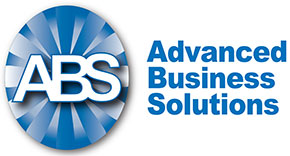CFPB Guidance on Overdrafts- UDAAP Violations
As you may have heard the CFPB issued recent guidance on overdraft programs. There are
some important takeaways that should be discussed with your team and implemented as soon
as possible.
What are surprise fees:
- Overdrafts where the customer had sufficient funds in the account when executing the
transaction even if the customer lacks enough funds when the transaction is cleared. - Overdrafts due to how bank orders transactions for processing.
- Overdrafts occurring from a mobile banking app or ATM, which show an account balance
that exceeds the balance that can be transacted. - Consumer charges for depositing a check that bounces because the sender did not have
enough funds in the account.
Surprise Overdraft Fees
An overdraft fee can become a surprise fee when the customer doesn’t reasonably expect
their actions to incur an overdraft fee. When financial institutions charge overdraft fees,
sometimes as much as $36, they may be breaking the law.
Example: The customer had sufficient funds in the account when executed the traction but
then lacks funds when the transaction is cleared. A bank displays (could be at ATM or
mobile banking) that a customer has sufficient available funds to complete a debit card
purchase at the time of the transaction, but the consumer is later charged an overdraft fee.
For instance, after the bank allows one debit card transaction when there is sufficient money
in the account, it nonetheless charges a fee on that transaction later because of intervening
transactions.
What to do: Update policies and procedures to implement the new guidance.
Surprise Depositor Fees
When a consumer deposits a check that bounces, banks sometimes charge a fee to the
depositor (usually $10 to $19). However, the depositor has no idea or control over whether
the check will clear, and sometimes, that person is the victim of check fraud.
Example: Customer tries to deposit a check, but the check originator does not have enough
money available in their account. Charging a fee to the depositor penalizes the person who
could not anticipate the check would bounce, while doing nothing to deter the originator
from writing bad checks.
Charging these depositor fees, regardless of circumstances, likely violates the Consumer Financial Protection Act.
What to do: Employ more tailored fee policies that charge depositor fees only in situations
where a depositor could have avoided the fee, such as when a depositor repeatedly deposits
bad checks from the same originator.




